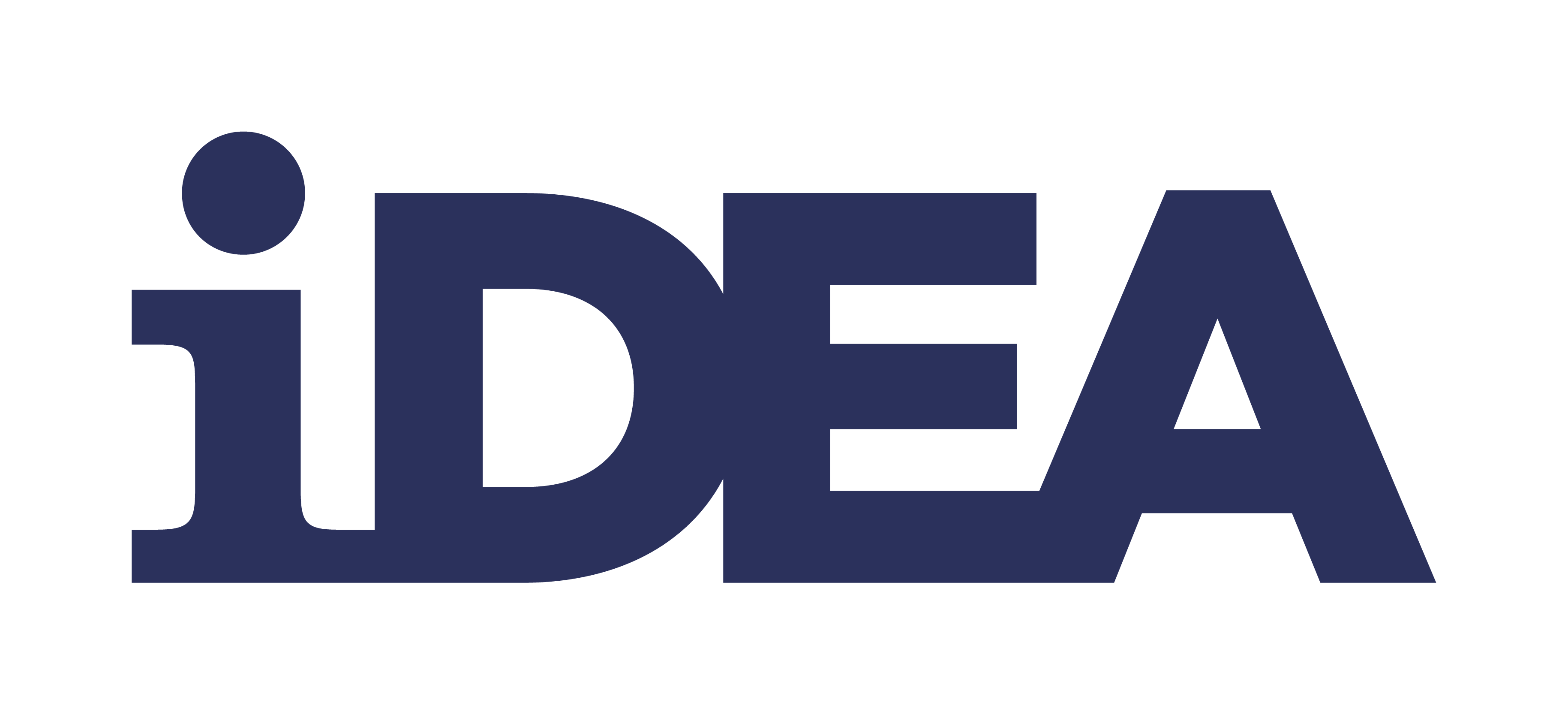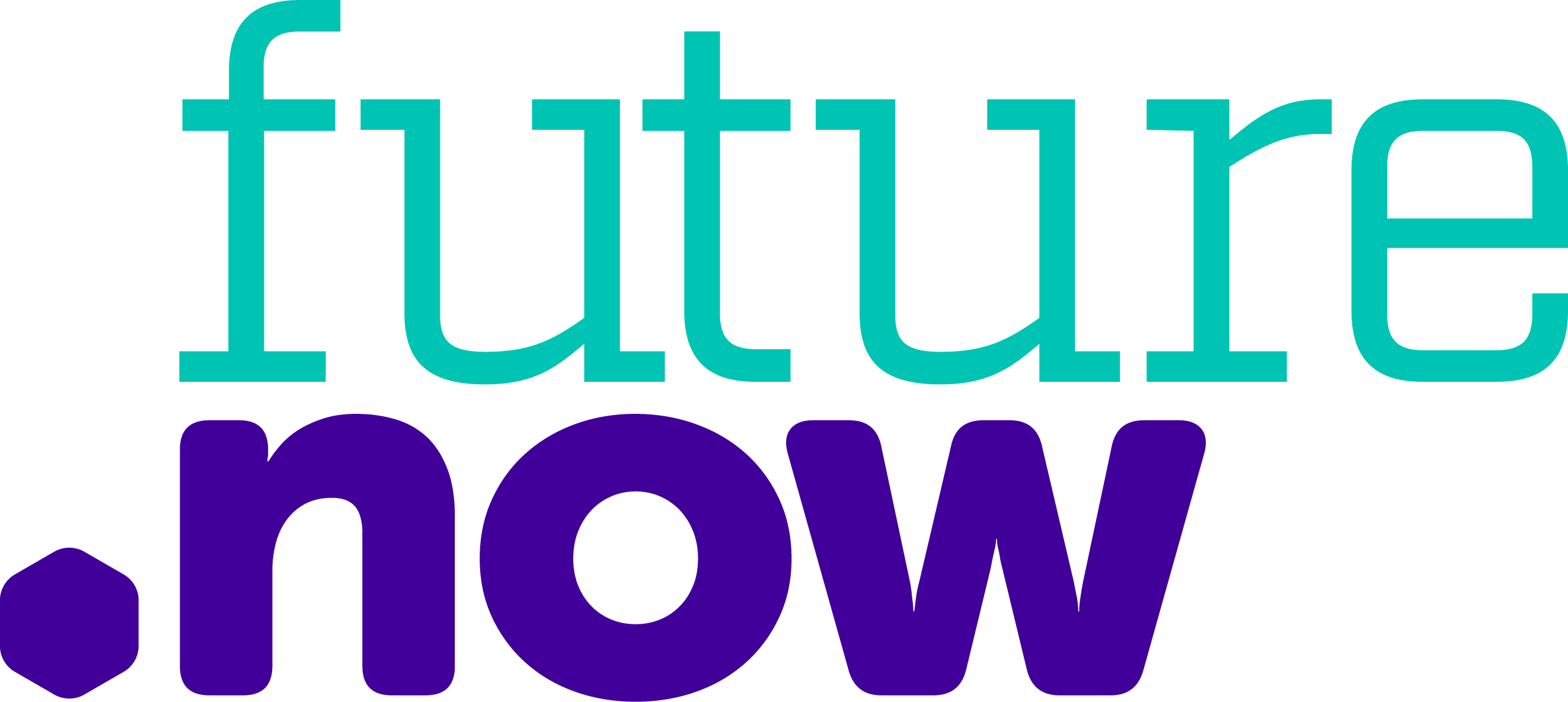Members’ Area
Back
iDEA Foundation
Training provider
LevelEssentialAdvanced

What it does
The Inspiring Digital Enterprise Award, known as iDEA, is a programme helping people develop digital and enterprise skills and discover new talents through an approachable, award-winning EdTech platform that is free for learners everywhere. iDEA.org.uk offers bite-sized, interactive modules on a range of topics that are created with industry experts and innovative employers.
iDEA rewards learners with a digital badge and points for every module that they complete. Learners can download, print, and share a portable Record of Achievement and when they have collected enough points and badges, they will unlock an industry-recognised Bronze or Silver Award. Gold is coming soon.
How it helps
iDEA is very flexible and easy to work with. You don’t need specialist IT skills or equipment to run sessions because the modules (badges) are all self-explanatory and can be completed on any device if it’s connected to the internet.
Organisations can track learner progress in one place through iDEA’s Organiser Management System. It’s intuitive and easy to use whether you are running the programme solo or as part of a team.
How to access
All courses can be accessed online.
Who to contact
Visit their website.
Which skills are covered in this course?
You can act with caution, understanding that online activity comes with risks (e.g. use anti-virus software, share information securely or avoid certain types of site such as piracy websites)
You can be careful with what you share as you know that online activity produces a permanent record that can be accessed by others (e.g. publicly shared photos, personal information or opinions)
You can follow data protection guidelines online (e.g. following data storage and retention guidelines, not sharing or using other people’s data or media such as movies or music without their consent)
You can identify secure websites (e.g. by looking for the padlock and ‘https’ in the address bar)
You can recognise suspicious links and know that clicking on these links or downloading unfamiliar attachments is a risk (e.g. Spam/phishing emails, texts, pop ups)
You can set privacy and marketing settings for websites and your accounts (e.g. managing social media privacy settings, managing cookie settings, updating contact preferences)
You can update your device software/ operating systems when necessary to prevent viruses and other risks (e.g. enabling automatic updates, or installing when prompted to do so)
You can communicate in the workplace digitally using messaging applications (e.g. Email, Microsoft Teams, Zoom, Slack, internal Intranet, WhatsApp)
You can set up and manage an account on a professional online network/ community/job site (e.g. LinkedIn, Total Jobs, Indeed)
You can use workplace digital tools to create, share and collaborate with colleagues (e.g. Microsoft Teams, OneDrive, G-Suite, Office 365, WeTransfer, DropBox, WebEx, Slack)
You can securely access, synchronise and share information at work across different devices (e.g. manage email, calendar or appointment system via different devices)
You can find information online that helps you solve work related problems (e.g. Search Engines, IT helpdesk, software providers, peer networks)
You can improve your own and/or the organisation’s productivity using digital tools (e.g. Trello, Microsoft Projects and Planner, Slack)
You can use appropriate software that is required of your day-to-day job (e.g. spreadsheets, online booking systems, HR management, workflow or sales management)
